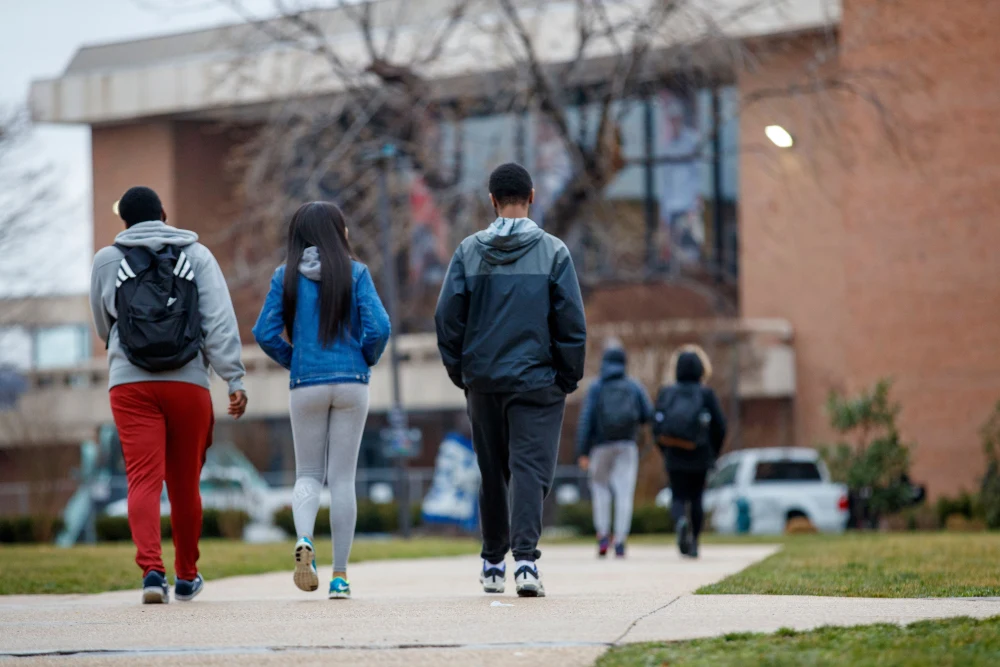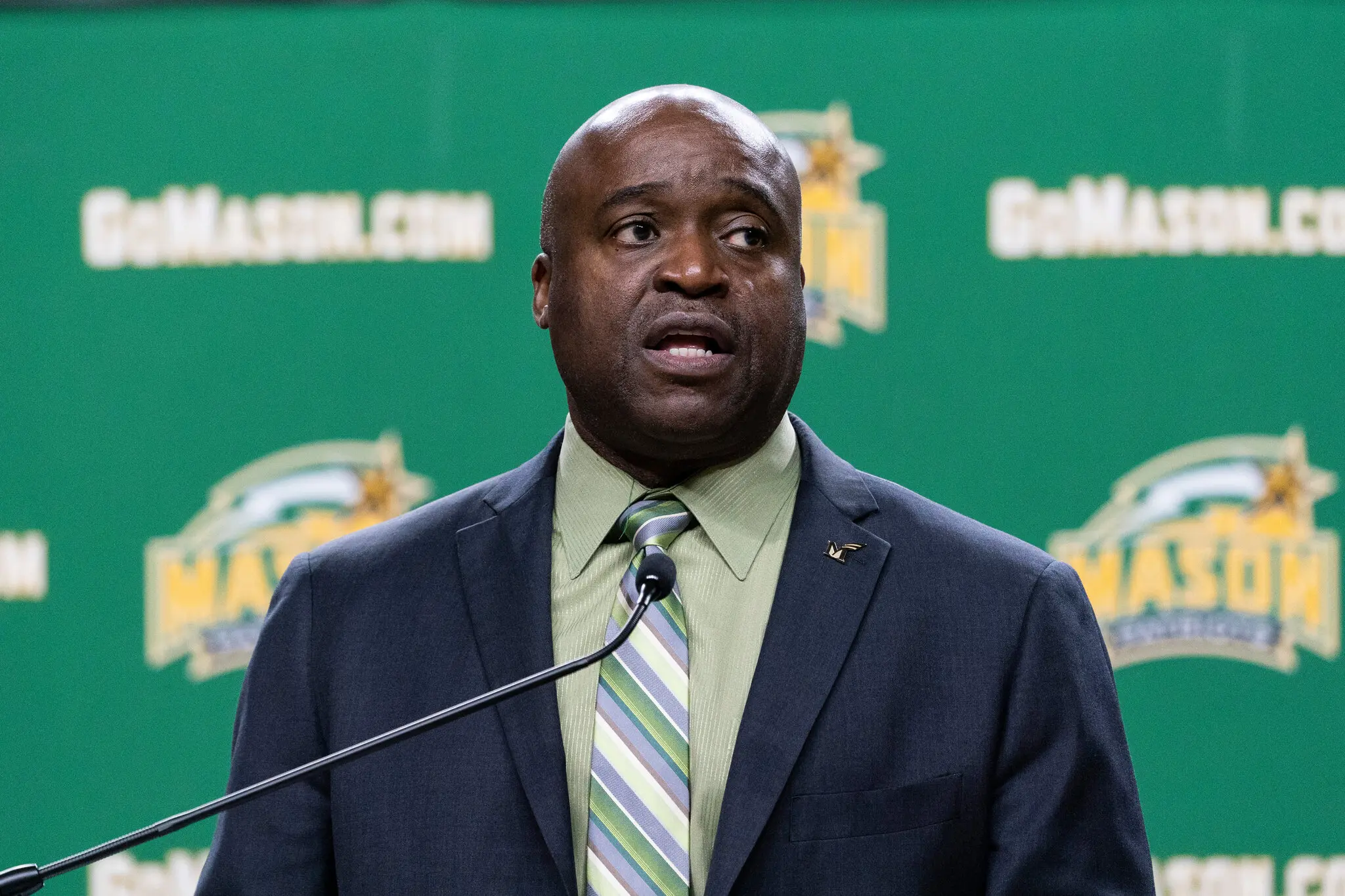Howard University Students Confront Surprise Tuition Bills Amid System Overhaul
Students at Howard University have taken to social media to decry unexpectedly large account balances appearing after the rollout of a new student finance platform, raising questions about billing transparency and institutional communication.
Howard University is facing mounting complaints from current students after many discovered unexpectedly large tuition balances following the rollout of a new student financial services platform. Students across social media platforms—including TikTok and X—have posted screenshots showing balances in the tens of thousands, far exceeding amounts they believed they owed. One student, Alissa Jones, said the system showed a balance of roughly $57,540—nearly four times her prior owed amount—even though she had relied on scholarships and had owed no more than around $15,000 in prior years.
She described deeply stressful calls to financial aid offices and wasted efforts to verify payments with no resolution in sight :[oaicite:1]{index=1}. Another student shared on TikTok that even though their tuition had been fully covered previously, they discovered a large unexpected balance attributed entirely to a system error or misclassification :[oaicite:2]{index=2}. According to university officials, roughly 1,000 of Howard’s approximately 14,500 students now show past‑due balances after the migration from the old portal, “Bison Web,” to the new “Bison Hub” platform—which reportedly led to delays or misallocation of payments processed during May and June :[oaicite:3]{index=3}.
Students say the size of the bills prevents them from registering for upcoming classes, triggering potential holds, and many have feared interruption to their academic progress. Several recounted frantic efforts to prove their eligibility or prior payments—including parents taking out loans whose funds apparently were not recorded by the university, and students depending on peers in D. C.
to relay messages to the financial aid office because direct calls went unanswered :[oaicite:4]{index=4}. In response, Howard’s administration acknowledged the platform transition and stated that some account updates were delayed during the switch. Officials said institutional aid totaling around $210 million is available, but did not provide specifics on how affected students will be supported or what timelines apply to balance resolution :[oaicite:5]{index=5}.
As defense mounts, students have resorted to grassroots efforts such as GoFundMe campaigns to raise funds to stay enrolled, highlighting concerns about financial transparency and university responsiveness. Critics argue that the university failed to adequately prepare and communicate with students about the potential consequences of the platform transition. They say that standard practices—like providing clear timelines, verifying balances before billing, and maintaining accessible support lines—were overlooked.
Observers note that major platform transitions unaccompanied by rigorous auditing and student outreach can easily generate widespread billing errors and undermine trust in institutional operations. The situation has fueled frustration reminiscent of past protests at Howard over financial grievances, as seen in 2018 during the financial aid scandal that led students to occupy the administration building and demand accountability. Though distinct in cause, the current uproar echoes long-standing concerns about transparency, institutional responsiveness, and student financial well-being at Howard University :[oaicite:6]{index=6}.
Student groups have started urging the administration to convene listening sessions, freeze unexpected balances until reviews are complete, and guarantee that eligible students may register without financial holds while discrepancies are resolved. Many emphasize that the university has a moral and operational duty to ensure that software transitions don’t jeopardize graduation timelines, especially for seniors like Jones who are near completion. University representatives have reportedly begun outreach to impacted students and offered payment plan options, though details remain opaque and students say direct communication is minimal.
Meanwhile, legal experts warn that inaccurate billing tied to systemic errors could expose the university to potential liability, especially if students are forced to drop courses or delay graduation due to administrative failures. Education policy watchers suggest that Howard’s situation may signal wider vulnerabilities at institutions undergoing rapid digital transformation—particularly smaller universities without robust IT infrastructure or change management expertise. As students await resolution, anxiety and distrust persist.
Several said they worry about entering collections, accruing interest as high as 30 percent, and losing eligibility for institutional aid packages for future semesters. Rumors of class registration holds and account freezes have fueled further concern. The university has not yet clarified whether micro‑grants or emergency funding will be offered to students in crisis.
Institutional scholars argue that universities should implement phased rollouts of new platforms, pre‑migration audits, timeline transparency, and contingency protocols for financial holds to prevent crises of this nature. They note that student financial services are mission‑critical systems where errors carry substantial academic and personal risk. Howard—a leading historically Black university with deep commitments to access and affordability—now faces reputational risk tied to operational mismanagement.
As media coverage spreads, university leaders are under pressure to not only correct balances swiftly but rebuild trust. Observers say credible resolution may require third‑party audits, student representation in remediation planning, and publicly shared data on error rates and corrective measures to demonstrate accountability and institutional learning. At stake is more than financial outcry—it is the integrity of a university’s commitment to equitable student support during digital transformation.
Until students see substantive action, many fear their near‑completion dreams may be stalled not by policy but by platform.
24th july 2025



